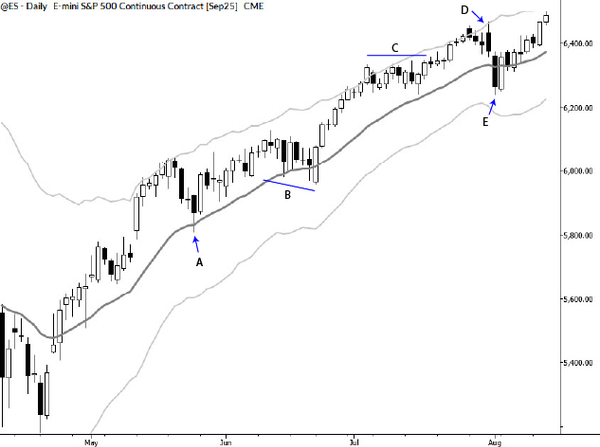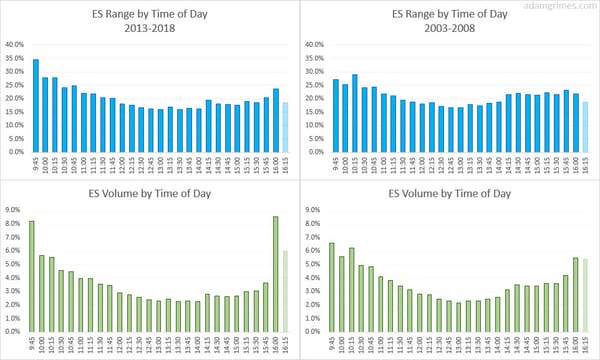MarketLife Ep 7 - Is trading ethical?

This episode of MarketLife answers a reader question:
As trading is considered a zero sum game(if we forget the broker), and obviously we enter a trade to gain, it stands to reason that someone has to lose. Can trading be justified in terms of the above mentioned paragraph?
Kind Regards,
Martin
A brief outline of my answer:
How do we define ethics and morals?
- "We know it when we see it." (But can't it be relative?)
- Do right thing. Knowing the difference between right and wrong and choosing to do the right thing.
- Ethics define the social conditions necessary for human beings to thrive. – Washington Ethical Society
Economics is a discipline of basically maximizing benefits within the boundaries of constraints.
What is trading?
- Someone hopes to make a profit? Yes, but there can be other considerations.
- Society depends on trade and trade works when everyone maximizes self-interest
- "It is not from the benevolence of the butcher, the brewer, or the baker that we expect our dinner, but from their regard to their own interest." - Adam Smith
Why this question matters
- Cant make money if working against yourself
- Lingering doubts about fairness and goodness will sabotage you
- We need to understand what is right so we can do what is right
Trading is ethical! Why?
- The "other guy" fallacy is garbage. You aren't buying from someone who has to lose if you make money.
- You are assuming risk every time you trade.
- You have limited resources and are spending them on trading and investing. (This is also a risk.)
- Your activity in the market does create economic value. Price discovery is real and important.
There are many abuses in the industry, but we don't need to dwell on those. Don't be a perpetrator and protect yourself if you are a client.
Bottom line:
- Trading is ethical, and you have to embrace that fully to succeed.
- Always act ethically. Avoid anything illegal or questionable.
- Do the right thing.
- Make the world a better place using resources you get from your trading.
Links mentioned in this podcast:
My free trading course. Always free!
Brett Steenbarger wrote a bit on Ayn Rand. I didn't mention this in the podcast, but it's worth your time to read.
Atlas Shrugged
Also, if you like the music for this podcast, then be sure to check out Brian Ashley Jones, my friend, and a fantastic singer-songwriter. He has a new CD out, Out of the City (or here, on iTunes) that you might enjoy!
Enjoy the show:



